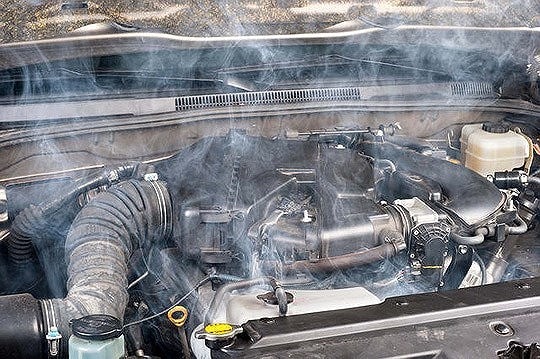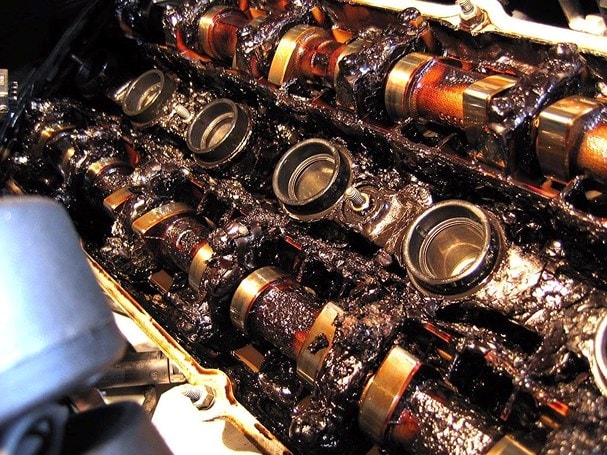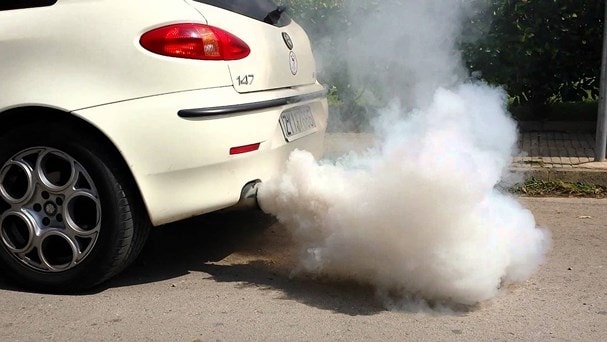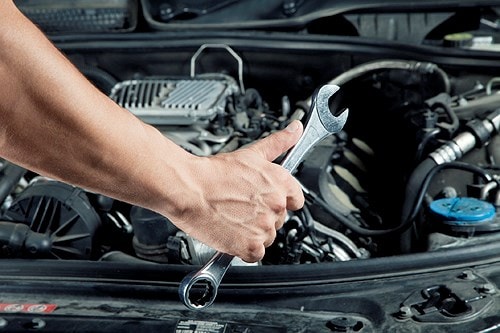Not changing car engine oil regularly - 5 obvious harmful effects
(Baonghean.vn) - If the engine is likened to the "heart" of a car, then engine oil is the "blood" that helps the car operate smoothly. The function of engine oil is to lubricate, clean, and cool the internal parts of the engine... Below are the harmful effects that car owners can clearly feel if they do not change the engine oil regularly.
1. Reduced engine performance
 |
After a period of use, the lubricating and cooling additives will be burned away by the heat generated during engine operation, the oil will thin out and lose its lubricating and cooling capabilities, which will no longer be the same as before. Therefore, the engine's performance will decrease, and the engine will also heat up faster due to lack of oil and no more cooling additives.
2. Dirt and debris remaining in the engine
 |
During engine operation, there will be a lot of residue and dirt generated due to engine parts being worn out and oil being burned inside. Normally, this residue and dirt will be "collected" by the oil filter, not allowed to float inside or accumulate at the bottom of the engine.
Not changing the oil on time will cause the amount of oil inside the machine to be consumed, the oil will not be able to carry the residue and dirt into the oil filter. The residue and dirt will wear down the engine very quickly. In worse cases, if you let the engine oil run out before changing it, a lot of dirt will thicken and stick to the machine parts.
3. More fuel-efficient
 |
When the oil change period has passed, the lubricating ability of the oil is no longer much, the friction generated when the engine is running will be greater and make the engine hotter. This will certainly cause the car engine to "drink" more gasoline than normal; or even reach the fuel consumption level of a "supercar".
4. Emission of toxic gases
 |
The older the oil, the more likely it is to burn and produce toxic emissions. Therefore, changing the oil on time will help minimize this because new oil burns very little and retains impurities, helping the vehicle emit much less.
5. Shorten engine "life"
 |
Ignoring the oil change and continuing to use old oil will cause the engine to operate inefficiently, wear out quickly, and dirt will scratch and damage important engine parts. If the oil runs out, the engine will need to be completely overhauled or even replaced with a new one.
In short, basically, not changing oil on time will cause economic damage to those who do not know how to care for and maintain their cars.
* When should engine oil be changed?
- Normally, the vehicle is operated from 3,000 - 5,000 km (or 3 months)Should change oil once; with luxury cars using high-quality engine oil, the operating time is longer, the distance traveled is also longer - each time the engine oil is changed, it can travel about 8,000 km...
- Based on the dipstick in the engine.The best way to check is when the engine is cold, the oil should not be lower than min; when the engine is hot, the oil should not be higher than max.
- Look at the color of the oil on the dipstick tip,If the oil is black, it's time to change the oil. If it's yellow-orange, the oil is still good and shouldn't be changed yet.


